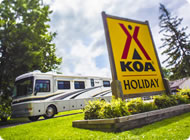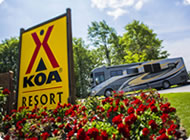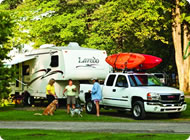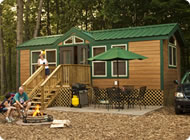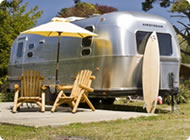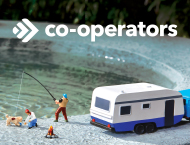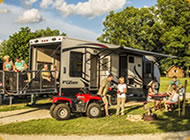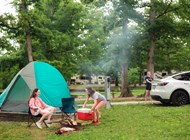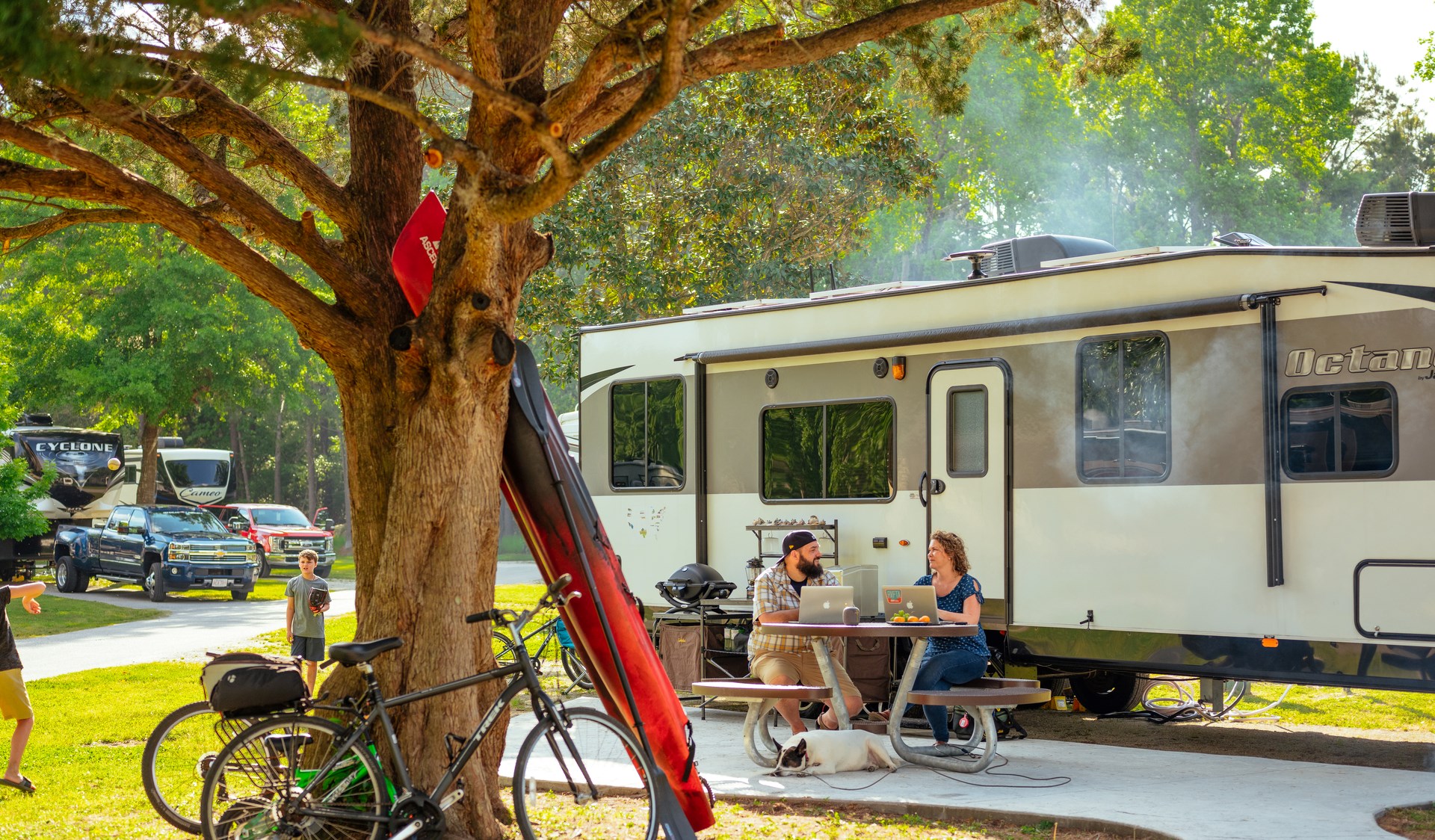A workcation, also spelled workation, is essentially what it sounds like — working while on vacation. It is like working remotely from home, but instead of your everyday backyard views, you can enjoy beach or mountain vistas.
You will still need to meet deadlines and communicate with team members like you would in the office or from home. However, when you are on a workcation, you can enjoy new places while accomplishing those professional responsibilities.
When planning a workcation, you should consider the pros and cons to determine if it is the right fit for you. With effective planning and preparation, you can ensure your workcation is a professional and personal success.
 Workcation Pros and Cons
Workcation Pros and Cons
A workcation can offer several benefits, allowing you to explore a new place and have exciting experiences while maintaining your professional responsibilities. Workcations enable you to:
- Save paid time off: A workcation allows you to take advantage of slower times at work and travel, all while saving your vacation days for an actual vacation.
- Reduce burnout: With proper planning and preparation, a workcation can help improve work-life balance and combat burnout.
- Boost productivity: According to some studies, 86% of interviewed employees felt that a workcation boosted their productivity, and 81% felt it helped their creativity.
- Improve mental health: Workcations can help you recharge mentally and emotionally by allowing you to work in a new environment and ease stress.
- Spend time with loved ones: If you have family members who live in another state or country, you could take a workcation to spend more time with them while still accomplishing your work.
With all of these benefits come a few considerations, such as:
- Work requirements: A workcation is not a break from work — you still have to keep up with regular responsibilities. You will have to save tourist explorations and time with loved ones for your downtime.
- Wi-Fi needs: You will need reliable Wi-Fi to complete your work assignments. This Internet connection requirement may limit the locations you can visit while on a workcation.
- Potential communication issues: You will not be near the office during your workcation, which could be difficult in a work emergency. Communicating with team members may be challenging without adequate expectations set beforehand.
Who Should Take a Workcation?
You should take a workcation only if you think you can manage the balance between work and play. You still need to keep up with your job duties while on a workcation, so if you are looking for a break to rest and recharge, you may benefit more from a traditional vacation.
Workcations can work well for some personalities, providing refreshing and invigorating experiences. Other personality types may find a workcation counterproductive, as it can blur the lines between work and personal life.
You can consider doing remote work on vacation if you:
- Have realistic expectations: A workcation will keep you busy between work and play, so you will need to be realistic about what you will have the energy for and what you can accomplish.
- Need to find inspiration: If you are hitting mental blocks in your work, a change of scenery could provide the inspiration you need to break through.
- Can easily switch between work and play: Some individuals can easily shift between their work and nonwork lives, thriving off of the variety.
You should take a traditional vacation instead of a workcation if you:
- Are experiencing severe burnout: A true disconnect from work and time to focus on your personal life can help you manage work-life balance.
- Want to immerse yourself in a new place: A vacation gives you the time and flexibility to fully immerse yourself in a new city and explore all it has to offer.
- Need dedicated time with loved ones: If you have an important personal event coming up, you may benefit from taking a vacation to dedicate your time and attention to your family and friends.
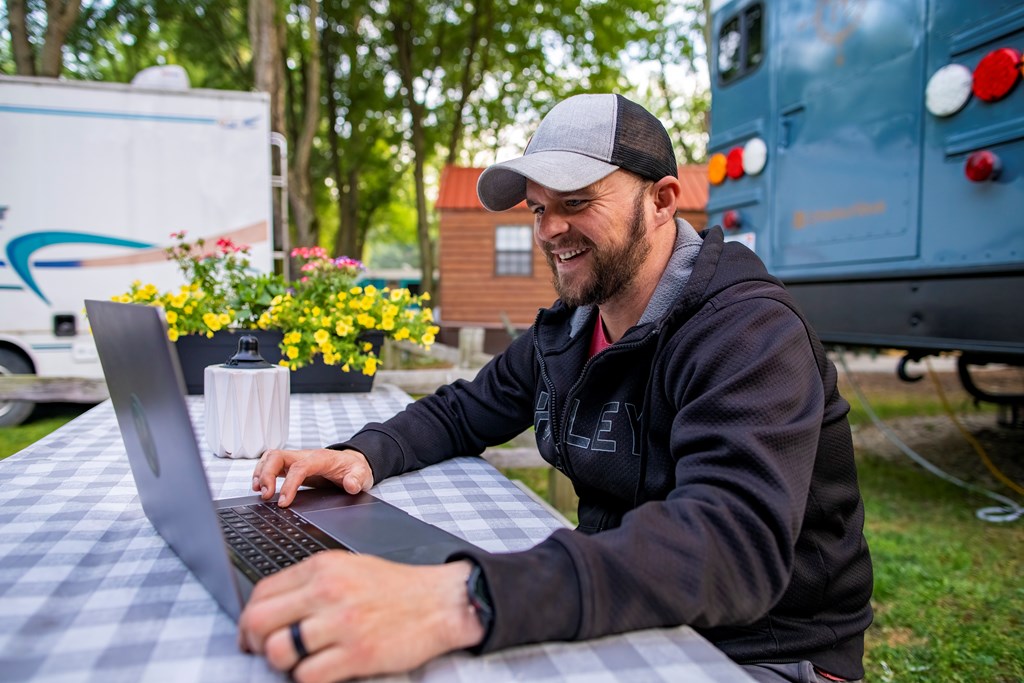
How to Plan a Workcation
A workcation’s success depends on careful planning and preparation. As you take the time to map out the details, you set yourself up for success by ensuring you find the right balance between working and vacationing.
Settle Everything at the Office
Before planning your trip, square everything away with your workplace. Be sure to:
- Clear it with your manager: Your manager needs to be open to the concept and willing to make it work. Meet with them to explain the benefits for you and the company. Describe how you will ensure your productivity and success while away.
- Ensure you can do your job remotely: Some job roles and responsibilities allow you to work remotely on vacation, while others do not. Ensure you can do your job while away from the office. If you already work remotely, be sure to check company policies about remote work locations.
- Define details with your team: Set communication expectations with your team, such as how and when they can reach you, especially if you will be in a different time zone. Discuss logistics for what to do in an emergency or if you need someone to cover for you at the office.
Clarify Trip Details
Once you get the go-ahead from your boss, you can start planning when and where you will take your workcation. The best time to take a workcation is during a slow period for your workplace. Try to find a time when you won’t be required to put in overtime or won’t be needed as much at the office or by your team.
Research locations thoroughly to find a place suitable for work and play. Learn about available lodging options in the area and if they can provide the Wi-Fi connection and comfortable working environment you need to concentrate and be productive. Look at places where the local activities align with your downtime. That way, you can make the most of the vacation aspect of your workcation.
Set Boundaries
A workcation should be equal parts work and play. Boundaries help you achieve that balance, enabling you to accomplish your work productively while enjoying the new area you are in.
Focus on work by:
- Creating a clear routine that dictates when you will work and when you won’t.
- Setting up an optimal remote office space that directs your focus to your responsibilities.
- Using time management tools and techniques.
- Checking in with your team frequently.
Then, enjoy your time off the clock by:
- Disconnecting fully from work.
- Taking advantage of unique opportunities in the area.
- Experiencing the local culture.
- Meeting new people or enjoying time with those you are traveling with.
Stay at Kampgrounds of America to Make the Most of Your Workcation
KOA offers various ways to stay in many of North America’s most beautiful and exciting locations. Many KOA Campgrounds offer reliable Wi-Fi connections, making it easy for you to get work done and explore the local area. Reserve a stay at KOA to begin planning your next workcation.
About the Author: Kampgrounds of America
Kampgrounds of America is the largest system of open-to-the-public campgrounds in the world, with over 500 locations across the United States and Canada. Founded in Billings, MT in 1962, KOA’s family of campground brands – KOA Journey, KOA Holiday and KOA Resort – today serve more than a million camping families each year. KOA is dedicated to “connecting people to the outdoors and each other” by providing people with a variety of camping experiences and the information they need to make the most of their camping trip. Read more of their camping and travel resources by visiting KOA.com/blog.






